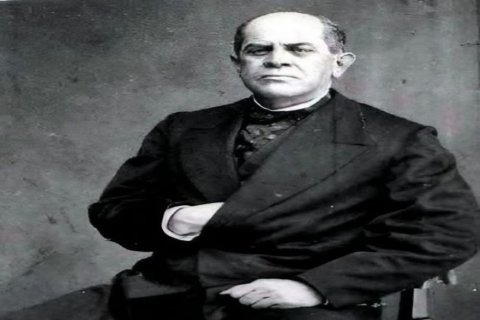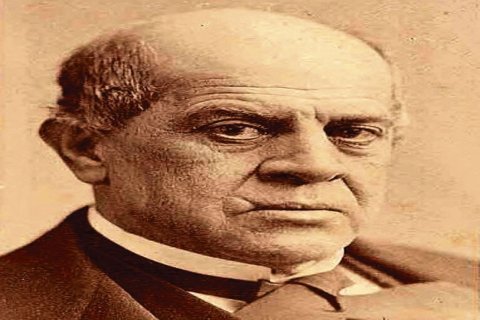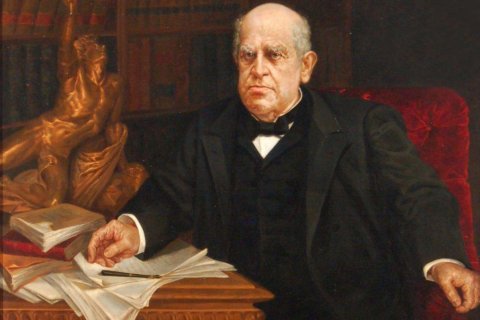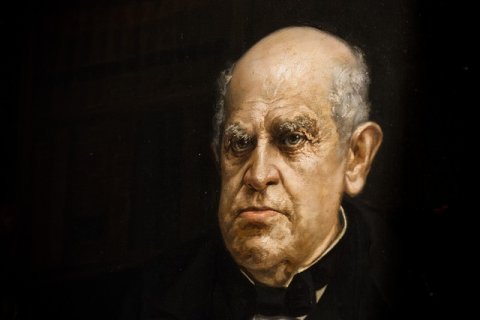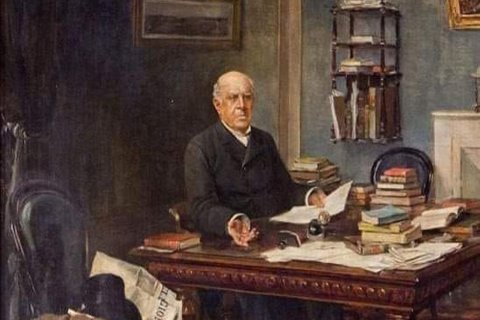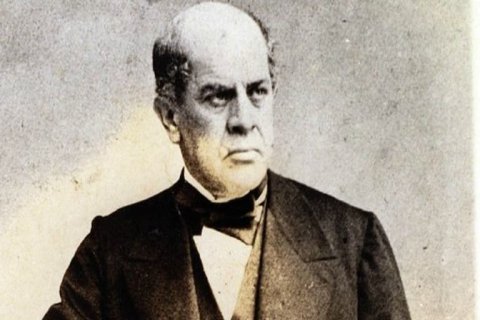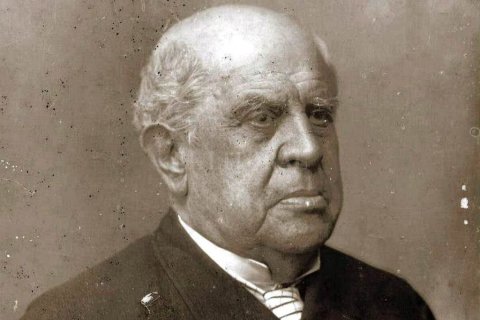Domingo Faustino Sarmiento
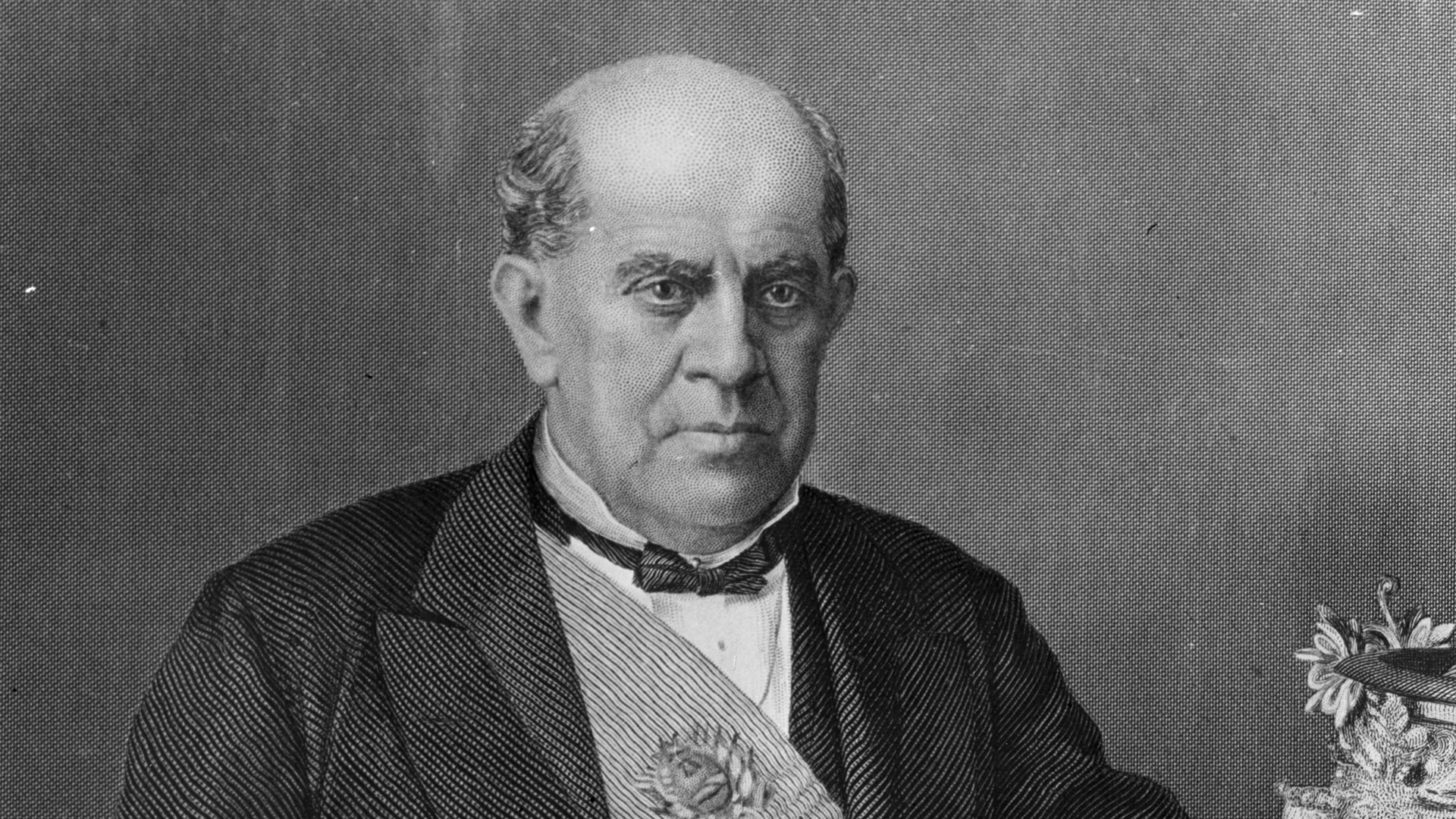
Domingo Faustino Sarmiento
Domingo Faustino Sarmiento (February 15, 1811 – September 11, 1888) was an Argentine statesman, educator, writer and former president of Argentina from 1868 to 1874. As a young man, he was active in the movement for independence from Spain and later became a prominent advocate for public education, social progress and democratic reform.
Sarmiento was born in San Juan, Argentina, on February 15, 1811. His father was a merchant and his mother was a homemaker. Sarmiento had a difficult childhood, marked by poverty and political instability. He received only a rudimentary education, but he was a voracious reader and autodidact.
In his early twenties, Sarmiento became involved in the movement for independence from Spain. He wrote articles and gave speeches in support of the cause, and he eventually joined the army. After the defeat of the Spanish in 1818, Sarmiento returned to San Juan, where he served in the provincial government.
In 1829, Sarmiento was forced to flee Argentina after he was accused of conspiring against the government. He spent the next several years in exile in Chile, where he taught school and wrote. In 1838, he returned to Argentina and became an editor of a newspaper. He also continued to write books and articles, and he became a prominent figure in the movement for social reform.
In 1855, Sarmiento was elected to the Argentine Senate. He served in the Senate for four years, during which time he helped to pass a number of important laws, including a law that established free and compulsory education for all children. In 1862, Sarmiento was appointed Minister of Education. He served in this position for three years, during which time he oversaw the expansion of the public school system and the establishment of new schools for teacher training.
In 1868, Sarmiento was elected President of Argentina. He served as President for six years, during which time he continued to promote education and social reform. He also oversaw the construction of new roads, railways and bridges, and he encouraged the development of agriculture and industry.
Sarmiento died in Buenos Aires on September 11, 1888. He is considered to be one of the most important figures in Argentine history, and his work has had a lasting impact on the country's education system and its culture.
Writings
Sarmiento was a prolific writer, and his works include books, articles, speeches and letters. His most famous work is Facundo: or, Civilization and Barbarism (1845), a book that is considered to be a classic of Latin American literature. In this book, Sarmiento argues that Argentina's progress was being held back by the conflict between civilization and barbarism. He believed that the country needed to embrace European culture and values in order to become a modern, prosperous nation.
Sarmiento's other works include:
- Life of Juan Facundo Quiroga (1845)
- Education in Argentina (1884)
- The Argentine People (1883)
- My Life (1886)
Legacy
Sarmiento is considered to be one of the most important figures in Argentine history. His work as an educator, writer and statesman helped to shape the country's identity and its path to modernization. Sarmiento's legacy includes:
- The establishment of a free and compulsory education system in Argentina
- The expansion of the public school system
- The establishment of new schools for teacher training
- The construction of new roads, railways and bridges
- The encouragement of the development of agriculture and industry
Sarmiento's work has had a lasting impact on Argentina, and he is still considered to be a role model for educators and public servants today.

